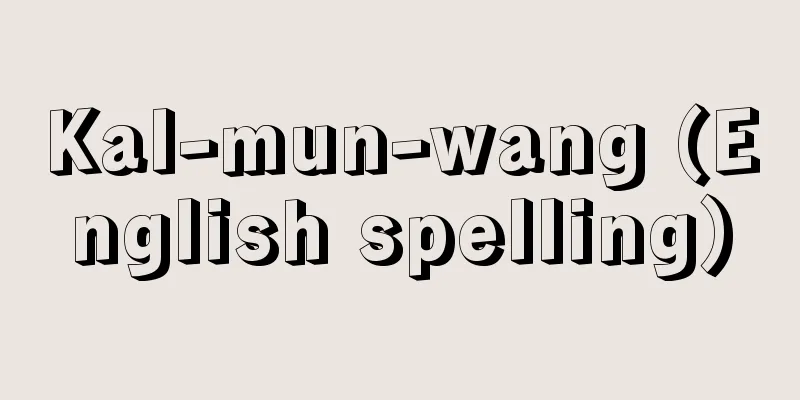Georges Gurvitch

|
French sociologist. Born in Russia, he graduated from St. Petersburg University and became an assistant professor there in 1919. During this time he experienced the Russian Revolution, left the Soviet Union in 1921, and after graduating from the University of Prague, he moved to France in 1925, where he became a lecturer at the Slavic Institute of the University of Paris. He became a naturalized citizen of the country in 1928 and became a lecturer at the Faculty of Letters of the University of Paris, and later taught at the universities of Bordeaux and Strasbourg before defecting to the United States during World War II. He taught at the New School for Social Research until 1943, and was also invited to teach at Harvard University and other universities. After the war, he returned to the University of Paris, where he became a professor of sociology and headed research at the 6th department of the Ecole des Hautes Etudes, editing the International Sociology Handbook and contributing to the revival of French sociology after the war while also playing an active role internationally. He started out as a philosopher, but studied Proudhon and Marx, and then moved on to legal philosophy, social philosophy, and then sociology. In his 1938 book Essays on Sociology, he criticized Durkheim's sociology and proposed a "sociology of depth," attempting to theorize a holistic and dynamic analysis of social reality. In Contemporary Problems of Sociology (1950), he presented a system of general sociology consisting of microsociology, group difference typology, and macrosociology, and attempted to break away from old sociology. With phenomenology and dialectics as its background, it took the stance of dialectical superempiricism and relativistic pluralism. [Otowa Tahara July 20, 2018] "Contemporary Issues in Sociology, translated by Shigeru Juri (1970, Aoki Shoten)" [Reference items] | |Source: Shogakukan Encyclopedia Nipponica About Encyclopedia Nipponica Information | Legend |
|
フランスの社会学者。ロシアに生まれ、ペテルブルグ大学卒業後、1919年同大学助教授となる。この間ロシア革命を体験し、1921年にソ連を去り、プラハ大学を経て、1925年フランスに渡り、パリ大学スラブ研究所講師に就任。1928年帰化すると同時にパリ大学文学部講師となり、さらにボルドー、ストラスブール各大学教授を経て、第二次世界大戦中アメリカに亡命。1943年までNew School for Social Researchで教え、ハーバード大学などにも招かれる。戦後、パリ大学に戻り、教授として社会学を担当し、あわせて高等研究院第六部の研究主任となり、『国際社会学手帖(てちょう)』の編集をはじめ、戦後フランス社会学の再生に貢献するとともに国際的にも活躍する。 初め哲学者として出発するが、プルードンやマルクスの研究を進め、法哲学、社会哲学を経て社会学の研究に至る。1938年の『社会学試論』によってデュルケーム社会学を批判し、「深さの社会学」の提唱によって社会的現実の総体的かつ動的分析の理論化を図った。『社会学の現代的課題』(1950)において、微視的社会学、集団の差異類型学、巨視的社会学から構成される一般社会学の体系を提示して、古い社会学からの脱皮を図った。それは、現象学や弁証法を背景として、弁証法的超経験主義と相対主義的多元主義の立場をとる。 [田原音和 2018年7月20日] 『寿里茂訳『社会学の現代的課題』(1970・青木書店)』 [参照項目] | |出典 小学館 日本大百科全書(ニッポニカ)日本大百科全書(ニッポニカ)について 情報 | 凡例 |
<<: Külpe - Külpe (English spelling) Oswald Külpe
>>: Gülhane Edict - Gülhane Chokrei (English spelling) Gülhâne hatt-i hümâyunu
Recommend
External hemorrhoids
… Hemorrhoids occur when the superior and inferio...
Surrender - surrender; capitulation
It refers to the cease of hostilities by the armie...
Yenko, D.
...The musical culture of Dalmatia, a region faci...
Gracillariidae
…General term for insects of the Gracilariidae fa...
Kaifu - Kaifu
…In the latter half of the Tang Dynasty, there we...
Kyokado - Kyokado
…His real name was Kitagawa Kahei. His other name...
Heterosphere
…In the latter, the composition ratio of the atmo...
Connotation - connotation
For example, the word "dog," which mean...
Accounting Auditor
Significance and purpose of the system An entity ...
Mr. Inaba
A feudal lord in the Edo period. His ancestors be...
Atera no Nanataki Waterfalls
This waterfall is located in Hourai-cho, Shitaraga...
Thread onion - Thread onion
...In the past, it was used when it grew wild in ...
Imp
〘Noun〙① An ancient Chinese book on military strate...
Clouet, J.
…French portrait painter. Born in Tours. His fath...
Utricularia aurea (English spelling) Utriculariaaurea
…[Katsuhiko Kondo]. … *Some of the terminology th...









